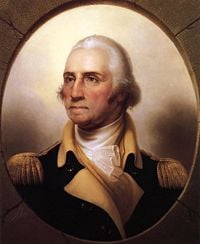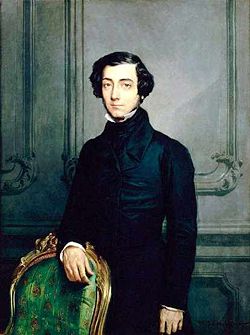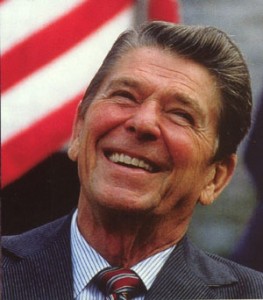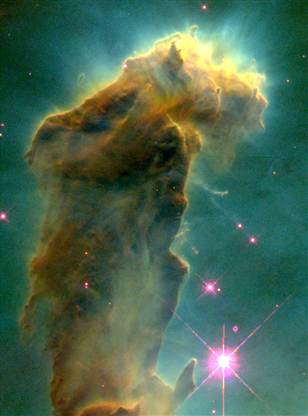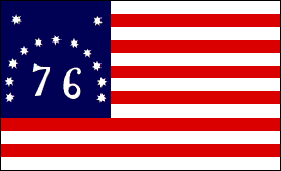George Washington (February 22, 1732 – December 14, 1799) was the commander in chief of the Continental Army in the American Revolutionary War from 1775 to 1783, and later the first president of the United States, an office to which he was twice elected unanimously (unanimous among the Electoral College) and held from 1789 to 1797.
Washington first gained prominence leading Virginia troops in support of the British Empire during the French and Indian War (1754–1763), a conflict which he inadvertently helped to start. After leading the American victory in the Revolutionary War, he refused to lead a military regime, though encouraged by some of his peers to do so. He returned to civilian life at his plantation at Mount Vernon, Virginia.
